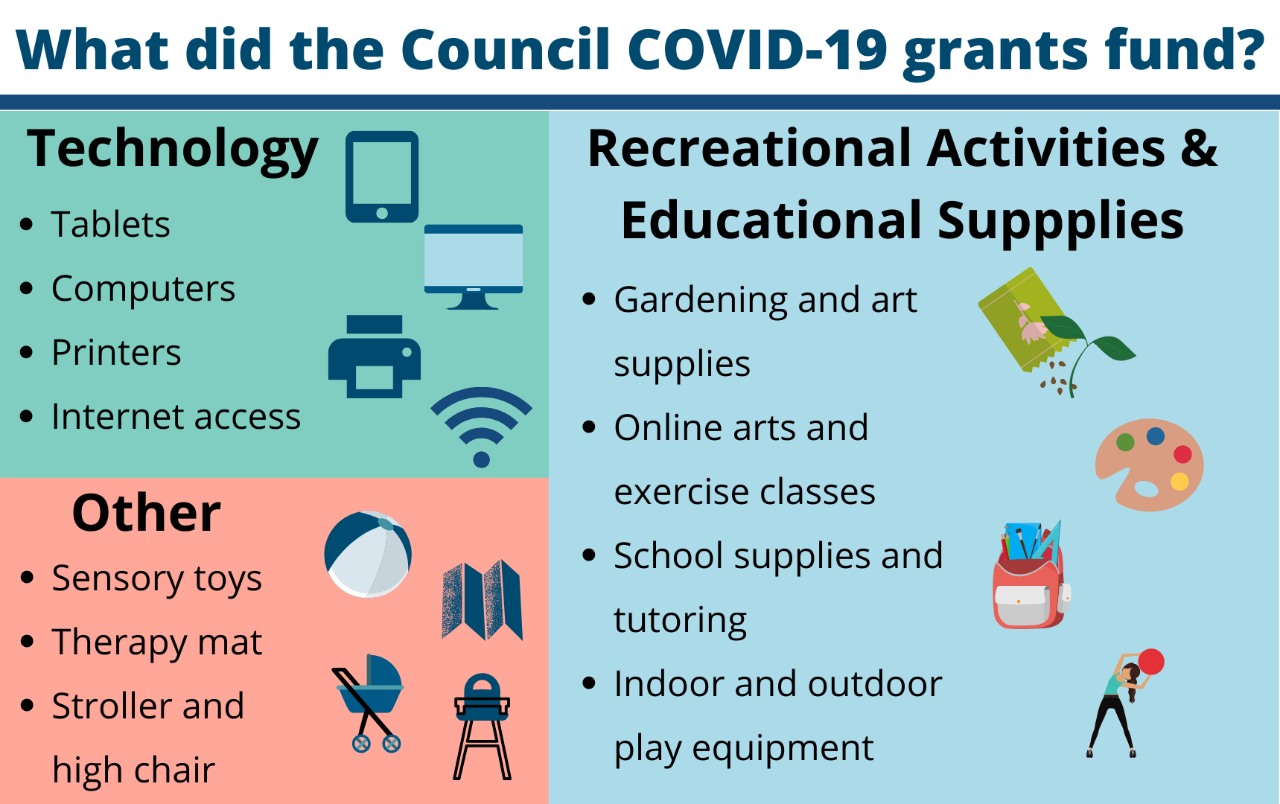Breaking Ground 102 - The Council's Role in Times of Crisis
By Jolene Sharp, Chief Public Information Officer, TN Council on Developmental DisabilitiesIt’s been a difficult several months for many in Tennessee, and around the world. As the COVID-19 virus reached our state in March, we found ourselves dealing with a situation we had never faced before. Many in our communities faced extra challenges unique to being a person with a disability during a public health crisis.
At the Council, we also found ourselves struggling to find our footing. Staff transitioned from the office to working from home full-time. We, like so many, were relying on virtual communication to stay connected. Our inboxes were flooded with information.
We needed to answer the question: in a crisis unlike anything we have seen before, how can the Council best serve people with disabilities in Tennessee?
The answer took shape as we crafted a COVID-19 communications plan. The plan helped us think about how our larger agency role and goals apply during a crisis. It has helped us stay focused on the unique value we can offer during an unfolding situation.
The Council is the only disability-related state agency that doesn’t offer direct services. We exist to improve services so people with disabilities can live self-directed lives as fully included members of their communities. We work for change from within government while staying directly connected to people with disabilities through our Council members. (We also stay connected through input from the broader Tennessee disability community. For more about that, see the article “How Your Input Can Shape the Council’s Work for Change”.
Our grounding in that unique role helped us outline four key areas for our COVID-19-related work:
- Informing policymakers in Tennessee and Washington, D.C. – We focused on helping policymakers:
- Communicate critical information to people with disabilities, and
- Understand and meet the needs of the broad disability community – not just those already receiving services from state programs.
We surveyed our Council members to understand their greatest COVID-related concerns, questions, and needs, and then shared insights from their responses with the Governor’s office and leaders of key state agencies. We tracked down answers to questions raised by Council members and others and shared those answers with the public through our email newsletters and social media. We tracked and shared surveys from other agencies and organizations about COVID-19 needs, making sure the disability perspective is heard.
- Creating and sharing tools about COVID-19 specifically for people with intellectual and developmental disabilities – In a crisis, it is still critically important to talk to people with disabilities rather than just about them. The Council began collecting the very best resources about COVID-19 specifically for people with disabilities. We have updated our Facebook and website lists often as new tools become available. Tools range from social stories for children to short videos by self-advocates to more detailed medical information for adults. When we saw gaps in the tools available, we created new ones. This included a visual symptoms checklist to help people who might not use speech to say how they are feeling. All of these resources have helped support people with disabilities in being informed and self-directed during the crisis.
The Council also provided concrete support for people with disabilities through new grants, announced in early April. The grants funded technology to support people with disabilities in staying connected and engaged during social distancing. Applications immediately flooded in. Priority was given to applications from rural areas, where families face extra barriers to staying connected.
- Sharing national and state policy updates – The Council’s role within government gives us close access to important information about national and state policy changes. During a crisis, policy can change very fast. The Council’s public policy newsletter has been a key tool to help people with disabilities get clear, understandable information about COVID-19-related policy changes. Updates from state agencies are often written for provider agencies or other professionals. Average citizens can have a hard time knowing how changes might affect their lives. We worked closely with our contacts at state agencies and national policy groups to get up-to-date, accurate information in simple language to the disability community in Tennessee.
- Telling the stories of coping - Our direct connections allow the Council to tell the stories of Tennesseans with disabilities. This continued to be important during the COVID-19 pandemic. Government and policy must be informed by the real experiences of citizens. Interviews with Council members and others from the disability community helped make the issues personal. At a time when we were all staying apart, the stories of how others in the disability community were coping helped us all feel hopeful and less alone.
As we learn more about what life will look like after COVID-19, the Council will stay focused on the unique ways we can support people with disabilities in our state. If you have questions or suggestions about how we can help, please don’t hesitate to contact us: TNDDC@tn.gov, or 615-532-6615.
